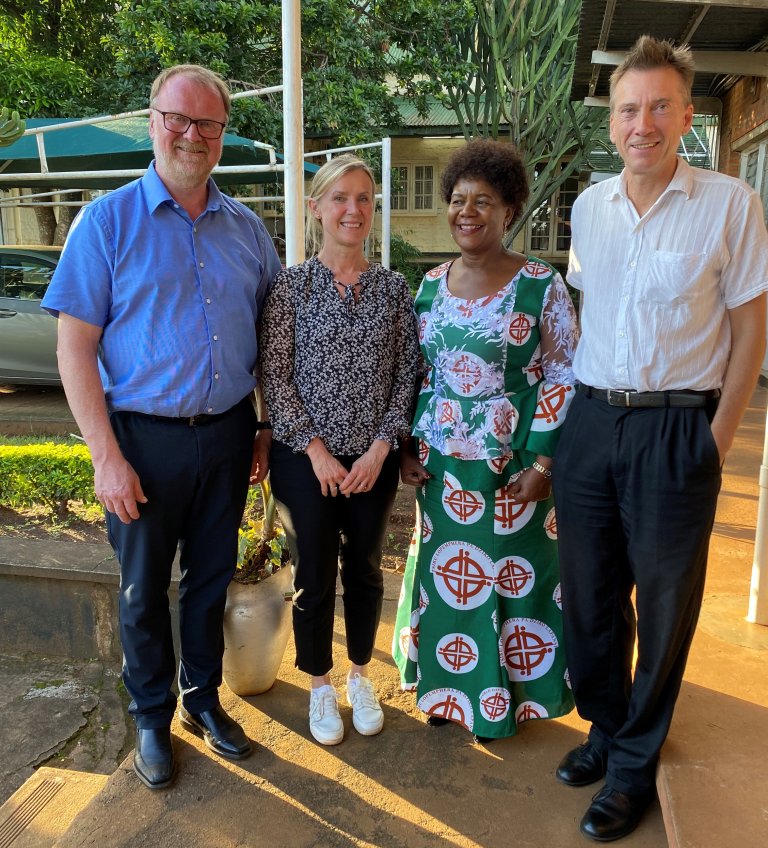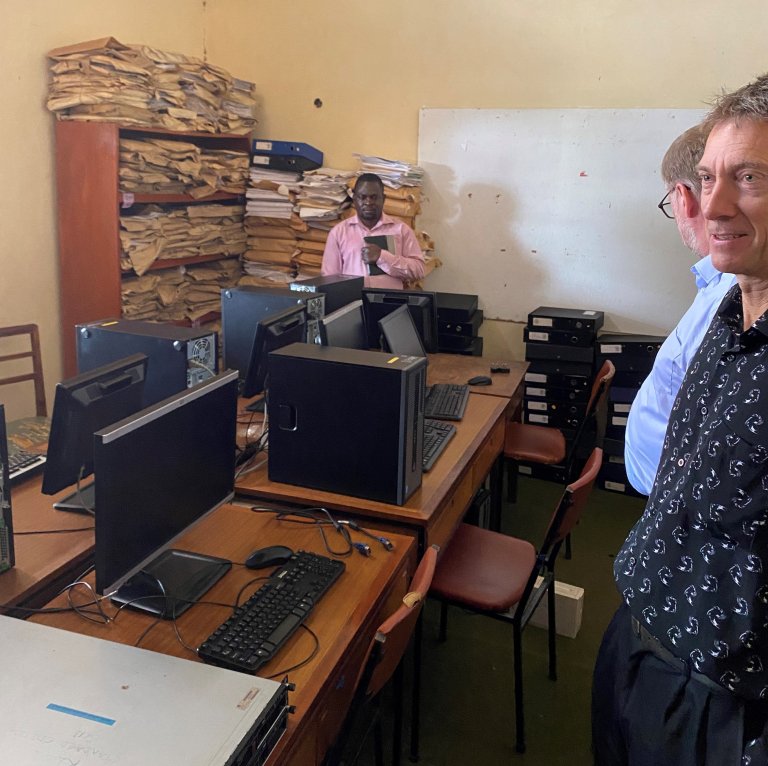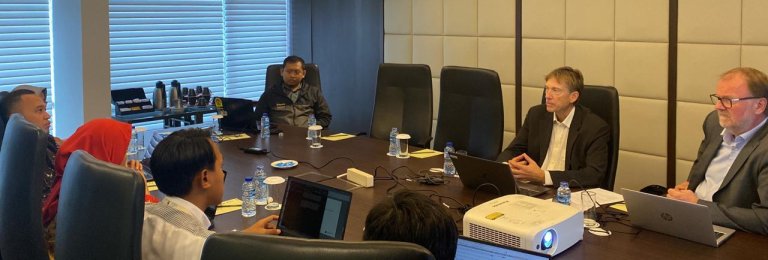SSB’s experience from institutional development cooperation is that the partner institution often has problems in the While IT primarily deals with the technology used for managing information within an organization, ICT encompasses a wider range of technologies and focuses on both information management and communication. ICT has a broader scope that includes IT as a component, emphasizing the integration of various technologies for communication and information sharing. area. This makes it difficult to develop statistics and build statistical capacity. The challenges are not only related to the lack of equipment like laptops, servers, software, etc., but also to lack of skills and integration of ICT in the processes of producing statistics. When planning and setting goals for institutional cooperation projects, it is important to consider the status, challenges and needs in the ICT area to set realistic goals for the cooperation. Therefore, SSB offers to carry out an ICT assessment for the national statistical office at the start of new cooperation projects.
An ICT assessment is a comprehensive evaluation of an organization's IT infrastructure, systems, processes, and strategies. Its primary purpose is to assess the current state of an organization's ICT environment, identify strengths and weaknesses, and make recommendations for improvement. ICT assessments are essential for organizations to ensure that their ICT capabilities and capacities in terms of available personnel, infrastructure, technology, and skills are at a sufficient level and well balanced to achieve their business objectives.
What does an ICT-assessment include?
An ICT assessment should cover topics like:
- ICT infrastructure
- Managing and operating the ICT
- Information management and security
- ICT skills within ICT and subject matter divisions
- ICT challenges within different areas of the statistics production
During the assessment we point out the ICT challenges of the NSO and make recommendations on how to deal with them.
Areas of interest include:
- Data management
- Technology and software
- Staff and organization
- Strategy
The assessment ends up with a report that can be used as input to strengthen the ICT. The report can serve as a basis for developing an IT-strategy and a roadmap for future technology investments.
ICT assessments in Malawi and Indonesia
In March 2023, Rune Gløersen, Irene Tuveng and Kristian Lønø of SSB conducted an ICT assessment of the National Statistics Office (NSO) of Malawi. They visited both the main office in Zomba and the regional office in Lilongwe. The assessment resulted in a report making recommendations on how to achieve a fruitful long-term cooperation between the NSO and Statistics Norway. It also describes the basic ICT requirements that needs to be in place before the cooperation begins, and provide general advice on how to strengthen the ICT of the NSO of Malawi.


In September 2023, Rune Gløersen and Kristian Lønø visited Jakarta in Indonesia as part of the Ocean Account program. They had meetings with Indonesia Statistics (BPS), the Ministry of Marine Affairs (MMAF), and other government organisations that work under this program, focusing on data exchange. In addition to the topics mentioned above, the assessment covered the exchange of data between these organizations, as well as data governance and quality issues.
